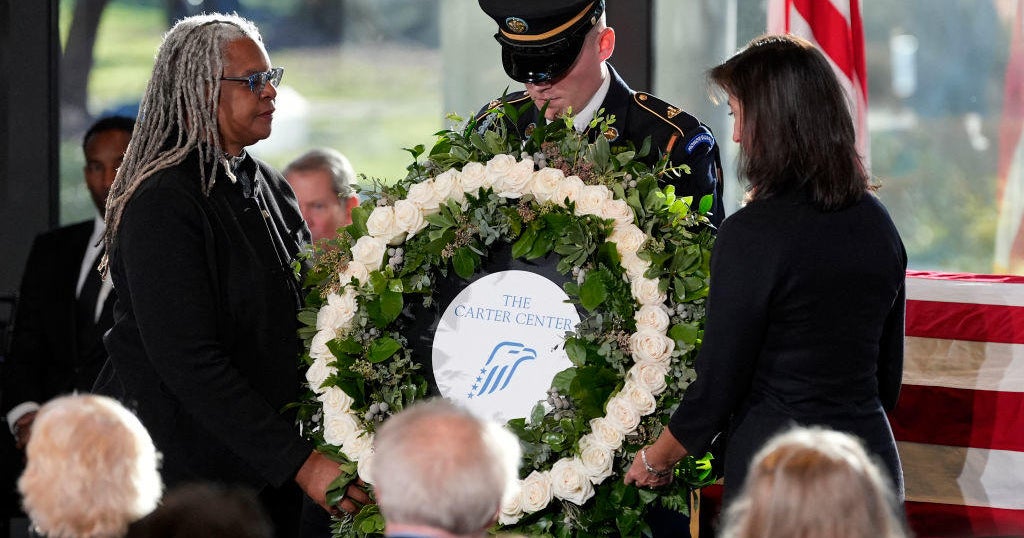The demand was raised by senior BNP leader Fakhruddin Alamgir.
Experts pointed to Article 6 of the India-Bangladesh extradition treaty, signed in 2013, which says, “Extradition may be refused if the offence of which it is requested is an offence of a political character.”
Similarly, Article 7 of the treaty says, “The request for extradition may be refused by the requested state if the person whose extradition is sought may be tried for the extradition offence in the courts of that state.”
Besides, Article 8 of the treaty allows both India and Bangladesh to refuse requests under certain circumstances.
As per Article 8, “A person may not be extradited if: (a) he satisfies the requested state that it would, having regard to all the circumstances, be unjust or oppressive to extradite him by reason of : (i) the trivial nature of the offence of which he is accused or was convicted; or (ii) the passage of time since he is alleged to have committed it or to have become unlawfully at large, as the case may be ; or (iii) the accusation against him not having been made in good faith in the interests of justice; or (b) the offence of which he is accused or convicted is a military offence which is not also an offence under the general criminal law.”It further says, “A person who has been convicted of an extradition offence may not be extradited therefore unless he was sentenced to imprisonment or other form of detention for a period of four months or more. A person may not be extradited if he would, if proceeded against in the territory of the requested state for the offence for which his extradition is requested, be entitled to be discharged under any rule of law of the requested state relating to previous acquittal or conviction.”







